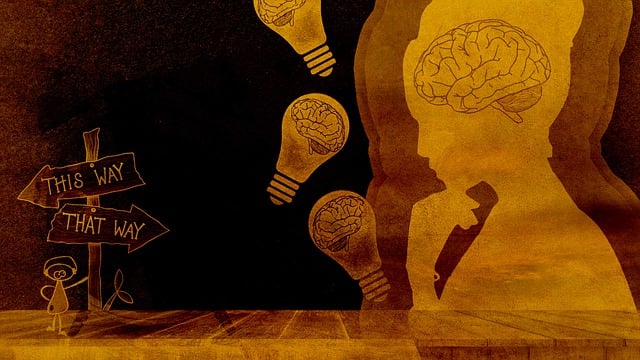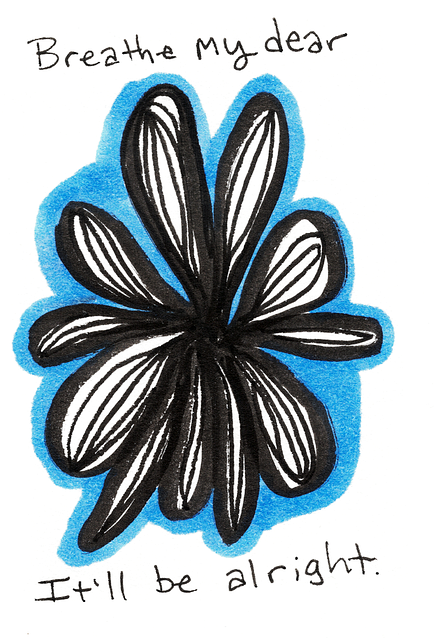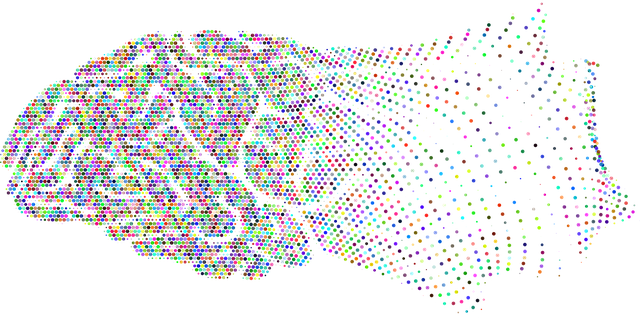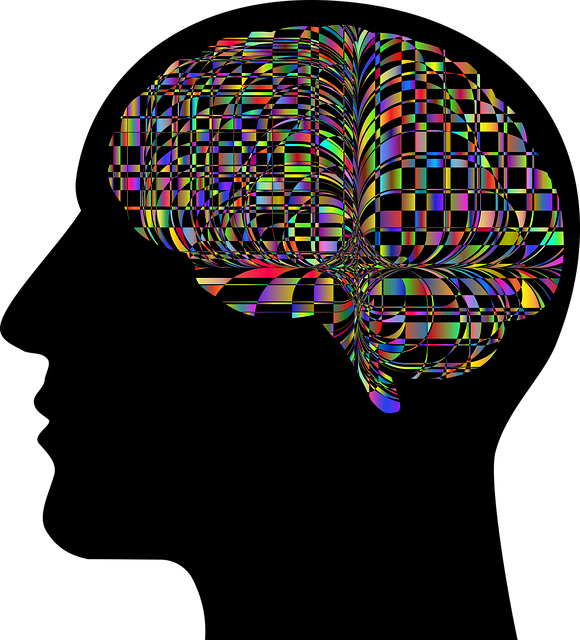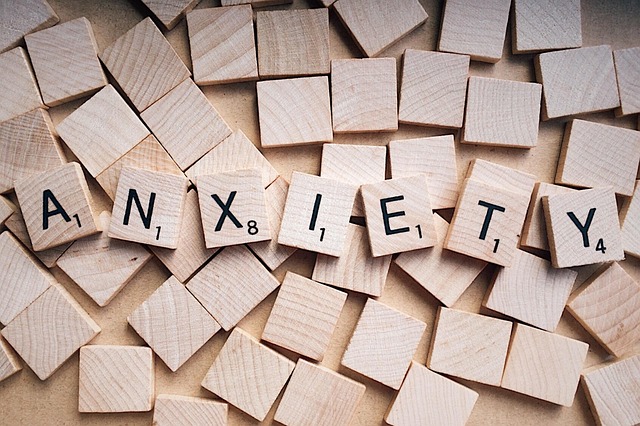Mood regulation is key to mental well-being, enabled by strategies like Stress Reduction, Coping Skills Development, and Conflict Resolution. Parker Depression Therapy (PDT), a structured cognitive-behavioral approach developed by Dr. David Parker, offers holistic treatment for depression through group sessions, personalized coping tools, and mental health education. CBT techniques identify and change negative thought patterns, promoting emotional wellness. Healthy lifestyle choices, mindfulness, and hobbies also enhance mood management. Beyond therapy, education programs teach self-esteem improvement and positive thinking, providing powerful tools for daily emotional challenges.
Mood regulation is a vital skill, especially in navigating today’s fast-paced world. This comprehensive guide explores various strategies to help manage and enhance emotional well-being. We delve into the significance of understanding mood regulation, offering an in-depth look at the Parker Depression Therapy approach. Additionally, we cover evidence-based techniques like cognitive behavioral therapy and lifestyle adjustments. By exploring these sections, readers will gain valuable insights into effective tools for managing their moods and improving overall mental health, with a special focus on Parker Depression Therapy.
- Understanding Mood Regulation and Its Importance
- Parker Depression Therapy: An Overview of the Approach
- Cognitive Behavioral Techniques for Better Mood Management
- Lifestyle Adjustments to Enhance Emotional Well-being
- Additional Support and Resources for Effective Mood Regulation
Understanding Mood Regulation and Its Importance

Understanding Mood regulation is crucial for maintaining mental well-being and overall quality of life. It involves managing and stabilizing emotions, ensuring they align with current situations and tasks. Effective mood regulation strategies empower individuals to navigate life’s challenges more adaptively, enhancing their resilience and sense of control. By learning to recognize and influence their emotional states, people can prevent or mitigate symptoms of conditions like Parker Depression Therapy, which often stem from dysregulated moods.
This process isn’t just about coping with negative emotions; it also involves cultivating positive ones. Stress Reduction Methods, Coping Skills Development, and Conflict Resolution Techniques are powerful tools in the mood regulation arsenal. These strategies help individuals disengage from unproductive thought patterns and engage in activities that promote emotional balance and overall mental health. Through these methods, one can learn to transform stressful situations into opportunities for growth and personal development.
Parker Depression Therapy: An Overview of the Approach

Parker Depression Therapy (PDT) is a structured and evidence-based approach designed to help individuals manage and overcome symptoms of depression. This therapeutic method was developed by clinical psychologist, Dr. David Parker, who recognized the need for an accessible and comprehensive strategy to address this common mental health concern. PDT focuses on empowering patients to take an active role in their recovery through a multi-faceted treatment plan.
The core of this therapy involves a combination of cognitive-behavioral techniques, mindfulness practices, and interpersonal strategies. Patients learn to identify and challenge negative thought patterns, develop healthier coping mechanisms, and improve their communication skills to foster supportive relationships. The program is often delivered in a group setting, encouraging peer support and a sense of community, while also offering personalized sessions for tailored guidance. This holistic approach aims to enhance mental health literacy, equip individuals with effective tools, and ultimately revolutionize the way depression is managed, promoting long-lasting positive changes.
Cognitive Behavioral Techniques for Better Mood Management

Cognitive Behavioral Techniques (CBT) offer powerful tools for managing and regulating moods effectively. This therapeutic approach focuses on identifying and changing negative thought patterns and behaviors that contribute to low mood states, such as depression. By understanding the connection between thoughts, feelings, and actions, individuals can gain control over their emotional responses. CBT encourages patients to challenge and replace distorted beliefs with more realistic and positive ones, thus fostering better mental wellness coaching programs development.
One well-known application of CBT is Parker Depression Therapy, which has shown significant success in treating various mood disorders. This method promotes active involvement in one’s recovery by teaching individuals coping strategies for stress management and emotional regulation. Through structured sessions, patients learn to navigate their thoughts and emotions more adaptively, leading to improved overall mental health. Additionally, community outreach program implementation can extend these therapeutic benefits by providing accessible support networks, ensuring that help is readily available for those seeking better mood management.
Lifestyle Adjustments to Enhance Emotional Well-being

Maintaining a healthy lifestyle is an integral part of mood regulation and emotional well-being. Simple adjustments to daily routines can significantly impact mental health, offering a proactive approach to managing emotions, particularly for individuals seeking alternative solutions beyond traditional Parker Depression Therapy. Prioritizing self-care practices such as regular exercise, a balanced diet, and sufficient sleep can act as powerful tools in combating stress and anxiety, thereby improving overall mood management skills.
Additionally, mindfulness techniques and engaging in hobbies have proven effective in burnout prevention. By incorporating these practices into one’s routine, individuals can enhance their resilience to mental health challenges. It is essential for mental health professionals to advocate for such lifestyle changes, considering them as a crucial component of comprehensive risk assessment strategies for their clients.
Additional Support and Resources for Effective Mood Regulation

When it comes to effective mood regulation, there are numerous resources and support systems available beyond traditional therapy sessions. One notable approach is Parker Depression Therapy, which combines evidence-based techniques with a holistic view of mental health. This type of therapy not only addresses symptoms but also empowers individuals with tools for long-term emotional well-being.
Complementing these professional services, Mental Health Education Programs Design offer valuable insights and strategies for managing moods on a daily basis. Topics such as Self-Esteem Improvement and fostering Positive Thinking are integral parts of these programs. By integrating these concepts into everyday life, individuals can better navigate emotional ups and downs, leading to improved overall mental health.
In conclusion, understanding and regulating moods is a multifaceted process that involves both therapeutic approaches and lifestyle adjustments. The article has explored various strategies, including the cognitive behavioral techniques and the unique benefits of Parker Depression Therapy. By adopting these practices and seeking additional support, individuals can effectively manage their emotional well-being and lead more fulfilling lives. Remember, mood regulation is a journey, and with the right tools and resources, one can navigate through life’s challenges with resilience and adaptability.
